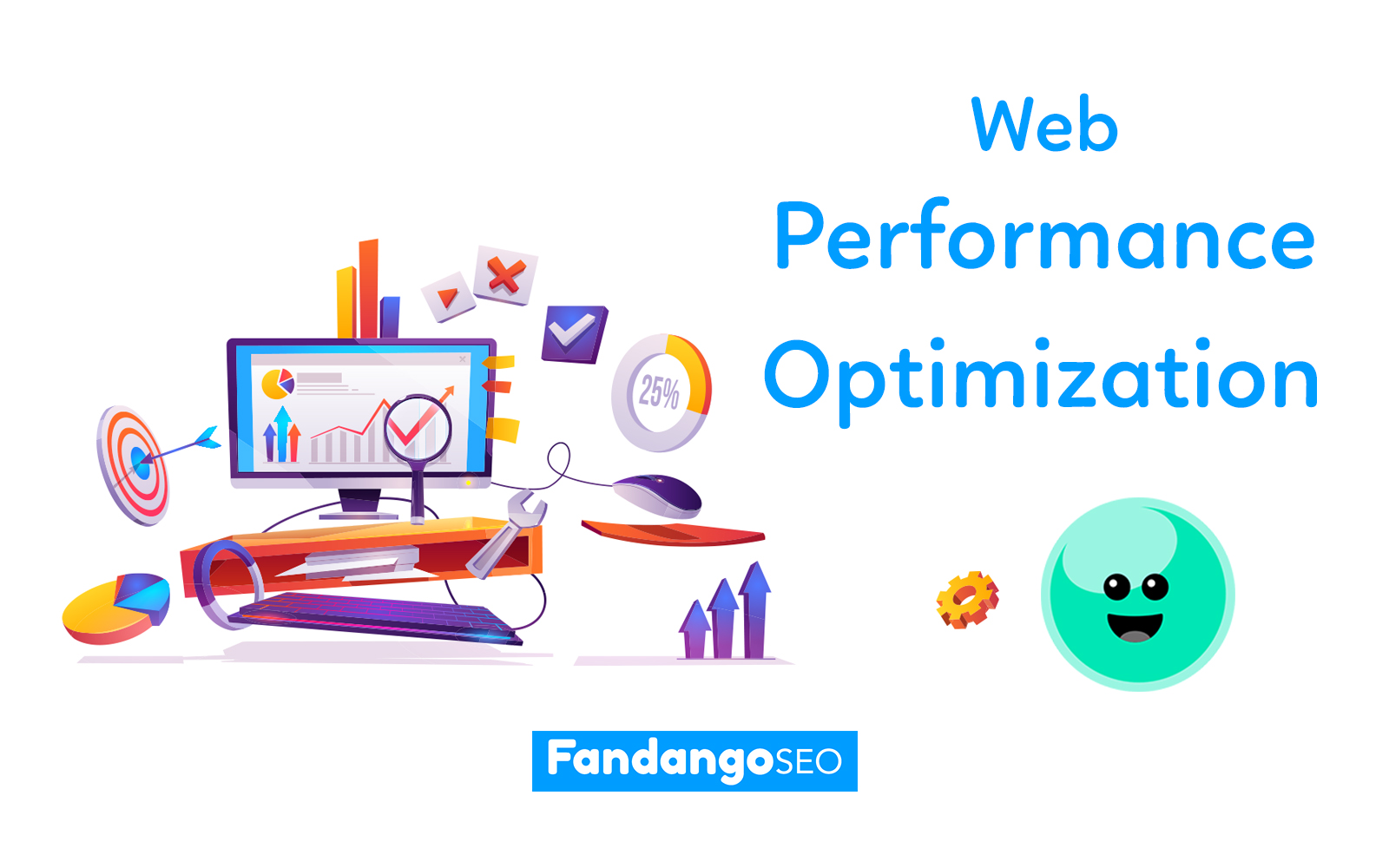Rise by Six: Your Daily Dose of Inspiration
Explore insights and stories that elevate your day.
Cruising at Lightning Speed: Supercharge Your Website Performance
Accelerate your website's performance with expert tips to boost speed and enhance user experience. Get ready to outperform the competition!
10 Essential Tips to Boost Your Website Speed
In today's fast-paced digital world, website speed has become a critical factor for online success. Sites that load quickly not only offer a better user experience but also rank higher on search engine results pages. Here are 10 essential tips to help you boost your website speed:
- Optimize Images: Use compressed images to reduce load times without sacrificing quality.
- Leverage Browser Caching: Enable caching to store static files in the user's browser for faster access.
- Minify HTML, CSS, and JavaScript: Reduce the size of your code by removing unnecessary spaces and comments.
- Use a Content Delivery Network (CDN): Distribute your content across multiple servers worldwide to speed up access for users.
- Reduce Server Response Times: Choose a reliable hosting provider with fast server response times.
- Limit Redirects: Each redirect creates additional HTTP requests, slowing down your site.
- Optimize Your CSS and JavaScript: Load scripts asynchronously to prevent them from blocking page rendering.
- Choose a Lightweight Theme: Avoid overly complex themes that can slow down your website.
- Implement Gzip Compression: Compress files to decrease the amount of data sent over the internet.
- Monitor Your Site's Performance: Regularly check your website speed using tools like Google PageSpeed Insights.

The Science Behind Website Load Times: What You Need to Know
Website load times are critical to both user experience and search engine optimization (SEO). Research shows that a delay of just a few seconds can significantly increase bounce rates, causing visitors to leave your site before it even fully loads. Factors affecting load times include image size, server performance, and the number of HTTP requests made by a web page. To improve load times, consider using content delivery networks (CDNs), optimizing images, and minimizing redirects. An efficient website not only keeps visitors engaged but also boosts your SEO ranking, as search engines prioritize faster-loading sites.
Moreover, optimizing load times involves understanding the technical aspect of your site. For instance, utilizing browser caching allows returning visitors to load your web pages more rapidly. Additionally, a streamlined code using minification techniques helps reduce the overall file size of CSS, JavaScript, and HTML files, allowing quicker rendering. Here are a few key practices to consider for enhancing your website's load times:
- Compress images using tools like TinyPNG
- Leverage browser caching
- Minimize HTTP requests
Is Your Website Slowing Down Your Business? Signs to Look Out For
In today's digital landscape, website performance is crucial for maintaining a thriving business. If your site takes too long to load, you might be losing potential customers before they even see your offerings. Some key signs to watch for include an increase in bounce rates and a decline in conversion rates. If users leave your site without interacting, it's a clear indication that speed issues are hampering your business success. Additionally, if you notice that visitors often complain about slow loading times, it's time to reevaluate your website's performance.
Another indicator that your website might be slowing down your business is a decrease in user engagement. When visitors spend less time on your site or click away quickly, it’s often a result of frustration with loading times. Furthermore, slow websites can negatively impact your SEO ranking, leading to decreased visibility and organic traffic. To address these issues, consider conducting a performance audit to identify bottlenecks and implement strategies for improvement, such as optimizing images, leveraging browser caching, or using a Content Delivery Network (CDN).